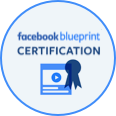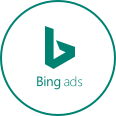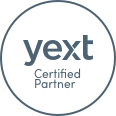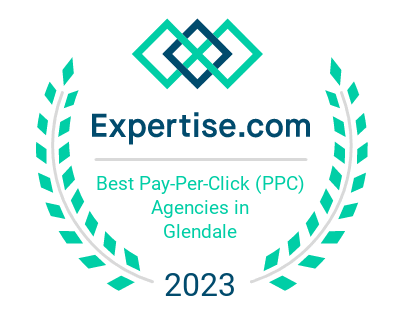 If you were to ask 15 different people what public relations (PR) is, you would most likely get 15 very different answers. Many businesses do not even stop to consider making PR a part of their online marketing plan because they associate it with huge companies who have millions to spend on radio and tv ads every month. One of the great things about PR is that it works for any type of company whether small and local and larger and nation-wide. To start, I think it would be wise to compare PR and Advertising as they are 2 very different things…but with the same goal, which is to generate more business for the company.
If you were to ask 15 different people what public relations (PR) is, you would most likely get 15 very different answers. Many businesses do not even stop to consider making PR a part of their online marketing plan because they associate it with huge companies who have millions to spend on radio and tv ads every month. One of the great things about PR is that it works for any type of company whether small and local and larger and nation-wide. To start, I think it would be wise to compare PR and Advertising as they are 2 very different things…but with the same goal, which is to generate more business for the company.
| Advertising | Public Relations |
|---|---|
| Paid Placement | Free Placement |
| You control the copy | Journalist Controls the Copy (usually) |
| You determine the length of time your ad runs | Usually only runs once…maybe twice |
| Creates Visibility | Creates Credibility |
| Consumers know it’s an ad and tend to be skeptical | Considered as a 3rd part endorsement…more trustworthy |
| Easy if you have money to spend | More time consuming but free |
There are definite pro’s and cons to both advertising and public relations campaigns, and the most obvious and powerful strategy would be one that includes both.
What is Public Relations?
By definition PR efforts are designed to help the public have an educated understanding of your products or services. One of the greatest advantages of PR is that someone else is talking about your product. When other people, who are considered to have a “non-biased” perspective speak highly about services or products, the consuming public generally weights that review much higher than hearing from the company through an advertisement, site or blog. Public relations is a way to get other people to talk about what you do or what you offer!
What Does A PR Campaign Entail?
Public Relations efforts take time and patience. There are companies that pay hundreds of thousands of dollars every year to PR agents, but with a little know-how you can produce results without spending thousands. So, getting down to it, what exactly do you need to do? Below are 5 PR Starters for you to consider. We will be discussing each in more detail in our PR 101 blog series. Stay Tuned!
1. Write and submit press releases
2. Blogging and Commenting on Blogs
3. Understand the Media and the Media Season
4. Identify local news spots or talk shows relevant to what you do
5. Contact reporters and journalists with your exciting press release
This was part 1 of a 7 part series covering how you can become your own PR agent. Stay tuned for detailed information about how to write and distribute press releases, uses blogs for PR, discover when to pursue the media for different relevant topics, find the perfect tv spot for you to pursue a segment on and discover the secret to communicating with reporters and journalists. Every company needs to be making online marketing plans and PR is a great way to enhance those efforts!









